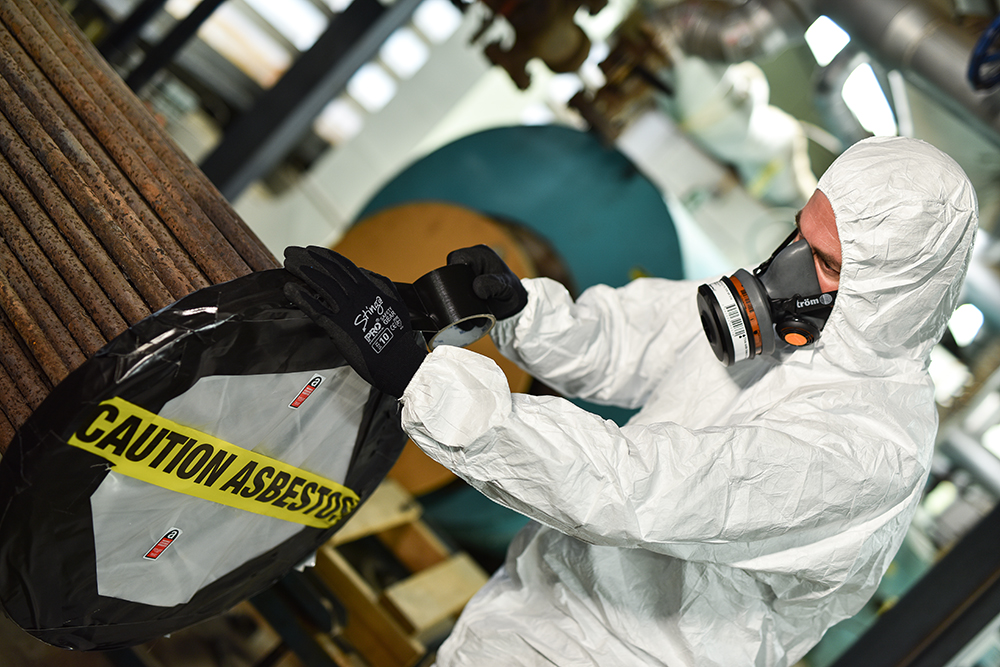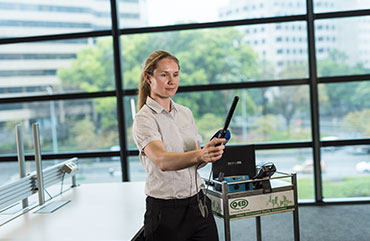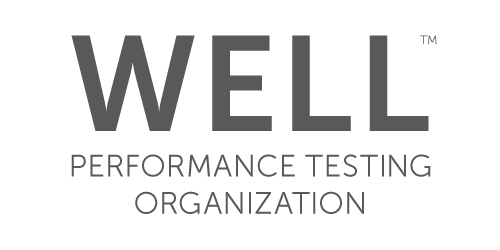
28th
New WHS laws impact asbestos management
by Elise Chiappalone, Consultant
On 31 March 2022, Western Australia is set to commence the new WHS laws. This will have a big impact on the management of asbestos in the workplace. The biggest change is the reduction of the anniversary period between reviews to maximum of 5 yearly. This can be a great opportunity for property owners, property managers and facility managers to use the funds that were budgeted for asbestos management, and put the money towards removing the asbestos and eliminating the risks, creating safer workplaces.
As part of the transitional arrangements, Worksafe have announced that, although the current register will be deemed the equivalent under the WHS Regulations, all asbestos registers require review in accordance with the new legislation prior to 31st March 2023. This includes registers that had previously been placed on a 3 year review and may not be “due” for two or three years.
There will however be a number of triggers that will cause a review of the register and management plan to occur prior to the 5 year review date; this includes if refurbishment or demolition work is to be undertaken, if asbestos is removed from or disturbed, sealed or enclosed at the workplace or the plan is no longer adequate for managing asbestos or ACM at the workplace.
Another positive to the legislation is tightening of the removal requirements. A new licencing system will be introduced, the unrestricted licence will be Class A and the restricted licence will be Class B Licence. Additional requirements will be notifying Worksafe for all licenced asbestos removal works (not only friable works), and a visual clearance to be conducted by an independent competent person (ICP) for all works.
Further Reading
DMIRS - WHS laws - guidance on the new laws
Minister Bill Johnston MLA - Media statement
Categories
Recent Posts
Trichloramine and Indoor Air Quality in Swimming Pools
05th Nov
For swimmers and pool workers alike, the characteristic "chlorine smell" at indoor swimming pools is part of the experience. Howev...
Indoor Air Quality Takes Centre Stage: A New Government Report on Airborne Virus Transmission
30th Sep
The importance of Indoor Air Quality (IAQ) has gained significant attention following the release of a groundbreaking report from Australia‚...
Changes to the workplace exposure standard for welding fumes
15th Mar
On January 18, 2024, SafeWork Australia made a significant adjustment to the Workplace Exposure Standard (WES) for Welding Fume (not otherwi...

















